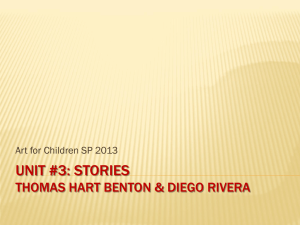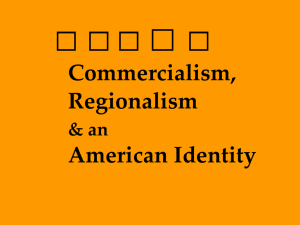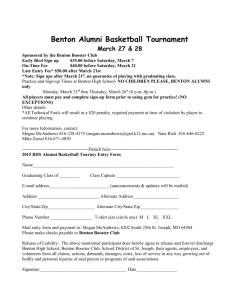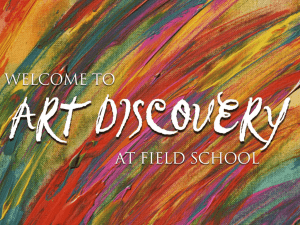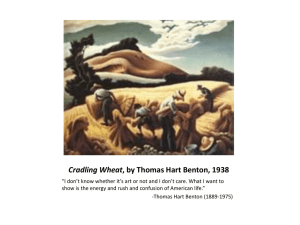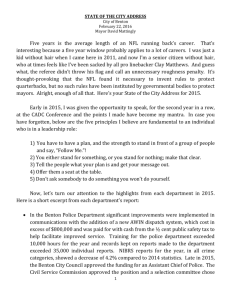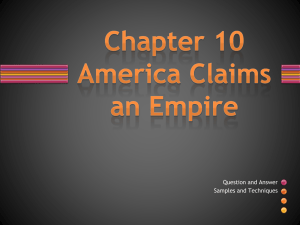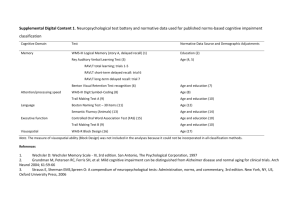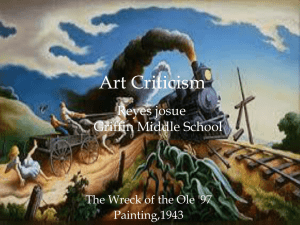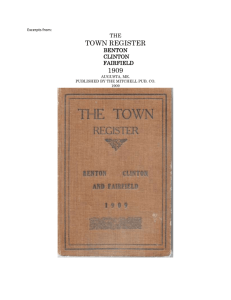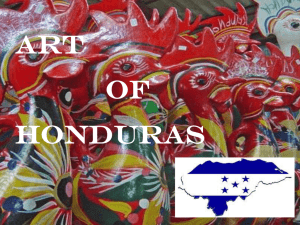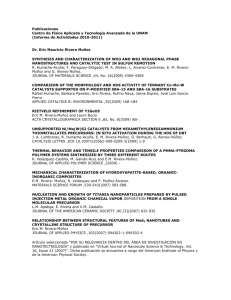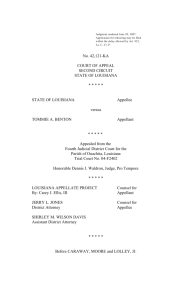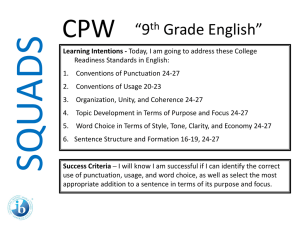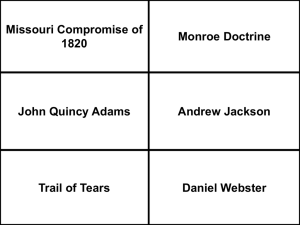Unit #3: Stories Thomas Hart Benton & Diego Rivera
advertisement
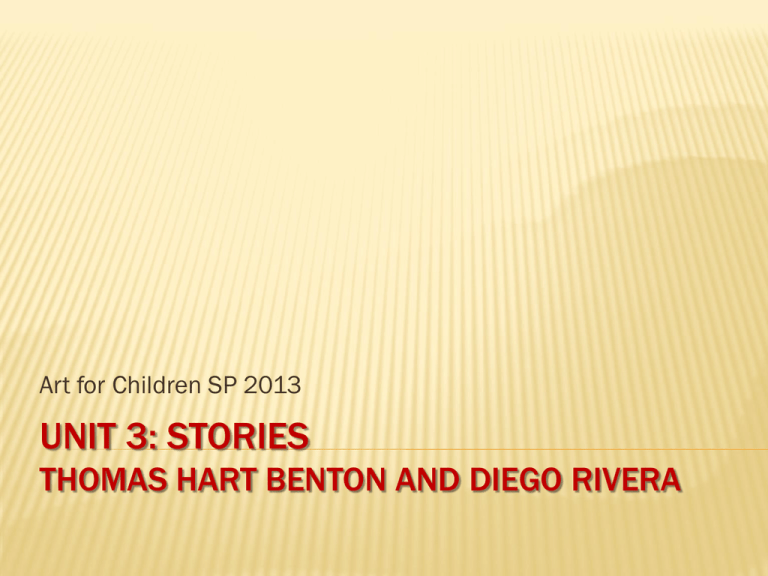
Art for Children SP 2013 UNIT 3: STORIES THOMAS HART BENTON AND DIEGO RIVERA BIG IDEA: STORIES Throughout history and across cultures, people have created and communicated stories for many reasons. STORIES: KEY CONCEPTS Stories communicate personal and cultural identity. Stories demonstrate/reveal relationships. Stories help us make sense of the world. Stories inform as well as entertain/intrigue. Visual artworks are "texts,” and their narratives can be read. Stories can be expressed/communicated through art. STORIES: ESSENTIAL QUESTIONS How do stories communicate personal and/or cultural IDENTITY? How do stories demonstrate/reveal RELATIONSHIPS? How do stories help us make sense of the world? What qualities of stories are entertaining and/or intriguing? How can stories inform? What kind of information and/or knowledge can be gleaned from stories? How do artists communicate stories through their art? ARTISTS WHO ARE VISUAL STORYTELLERS Thomas Hart Benton Faith Ringgold Diego Rivera Jean Shin Thomas Hart Benton was born in Neosho, MO, in 1889 into a family of well-known politicians. Though groomed for a political career, he instead became a renowned artist who painted the American scene. Benton told the stories of everyday Americans in his art using a style that has been labeled REGIONALISM. http://www.youtube.com/watch?v=OIX55IJyd7E 3:16 One of Benton’s greatest artistic successes was also his most controversial: a mural at the Missouri state capitol entitled “A Social History of the State of Missouri” which he completed in only 6 months. Controversy characterized the life and art of Mexican muralist Diego Rivera as well. Benton met Rivera in Paris in the early 1900s. Whereas Benton captured the life and history of everyday Americans, Rivera visually narrated the life, history, and politics of the people of México. http://www.biography.com/people/diego-rivera-9459446/videos (4:02) One notable exception, however, is his mural, “Detroit Industry.” Its 27 panels grace the walls of the Detroit Institute of Arts. “Detroit Industry” visually conveys the story of the worker/laborer with a series of murals, which took Rivera 2 years to complete. (Freudenheim, 2010) Each mural section communicates “an intriguing tension between the people doing the factory work and the monsterlike machines” (Freudenheim, 2010) used to accomplish their tasks. Rivera considered “Detroit Industry” his masterpiece. “Detroit Industry, North Wall” Mural by Diego Rivera http://www.youtube.com/watch?v=MD3qBXv8SGE (5:05) BENTON & RIVERA: VISUAL STORYTELLERS Pink (2005) said: “Stories are how we remember” (p. 101) “Stories . . . pack an emotional punch” (p. 103) “Stories . . . encapsulate, into one compact package, information, knowledge, context, and emotion” (p. 103) “We are our stories” (p. 115) STORIES THROUGH CARTOONS/CARICATURES: DESIGN PROBLEM: Reflecting upon the social and political stories of Benton and Rivera’s murals, the student will create an editorial cartoon that conveys a message or story about a subject of social interest. These may be political, social, environmental, or school issues of interest to the student or of potential interest to her/his future students. The cartoon will visually contain the story elements of character(s), setting, problem, and viewpoint. STORIES THROUGH CARTOONS/CARICATURES: STUDIO: TSW use drawing to create a political/editorial cartoon that may include caricature representation of a cartoon subject ASSESSMENT: With Graffiti Boards (includes lesson plan): http://www.eworkshop.on.ca/edu/pdf/Mod36_coo p_graffiti.pdf REFERENCES Freudenheim, T. L. (2010, August 14). When the motor city was a symbol of strength. The Wall Street Journal. Retrieved from http://online.wsj.com/article/SB100014240527487048756045752808720 67321384.html Thomas Hart Benton. (n.d.). In Wikipedia Retrieved March 16, 2013 from http://en.wikipedia.org/wiki/Thomas_Hart_Benton_%28painter%29
